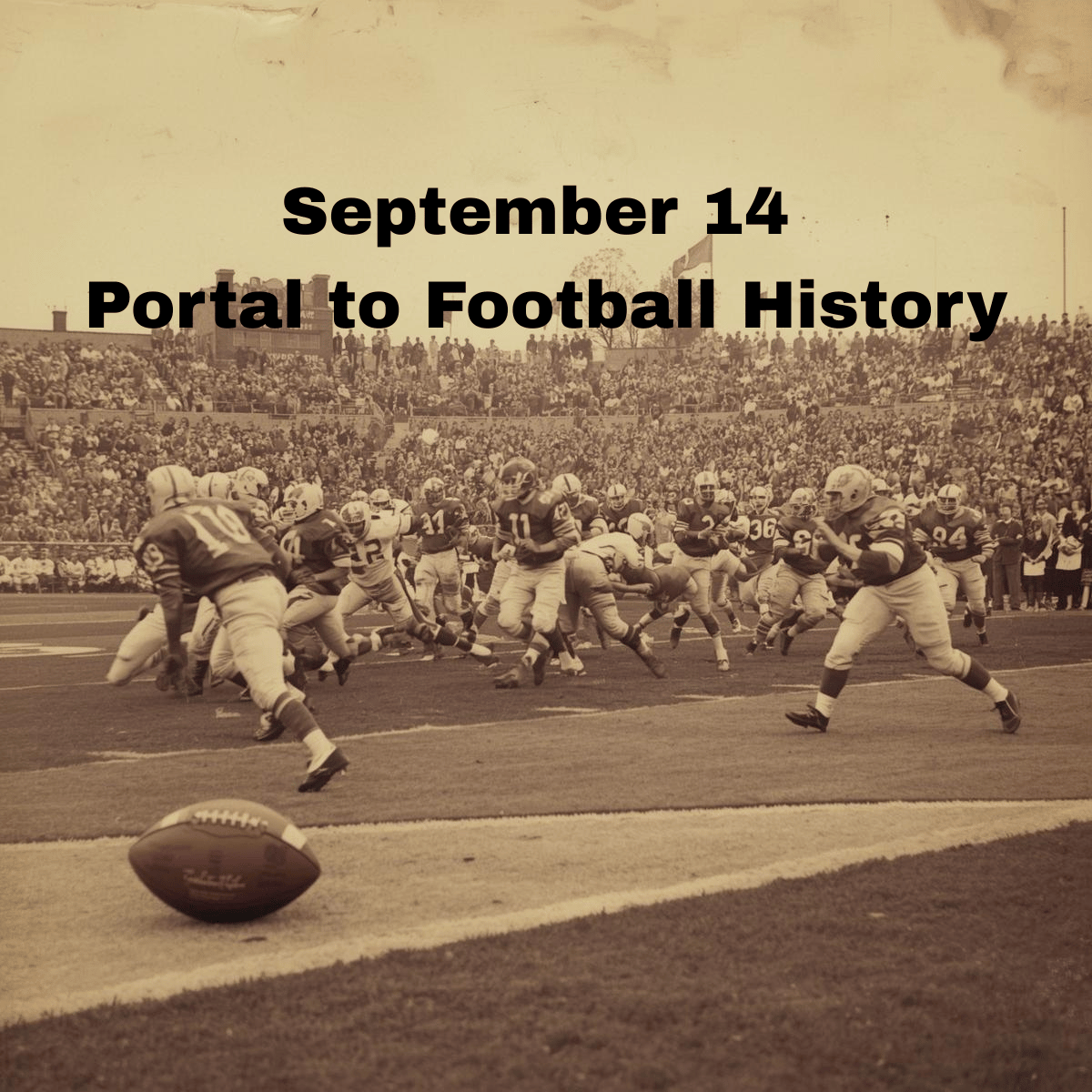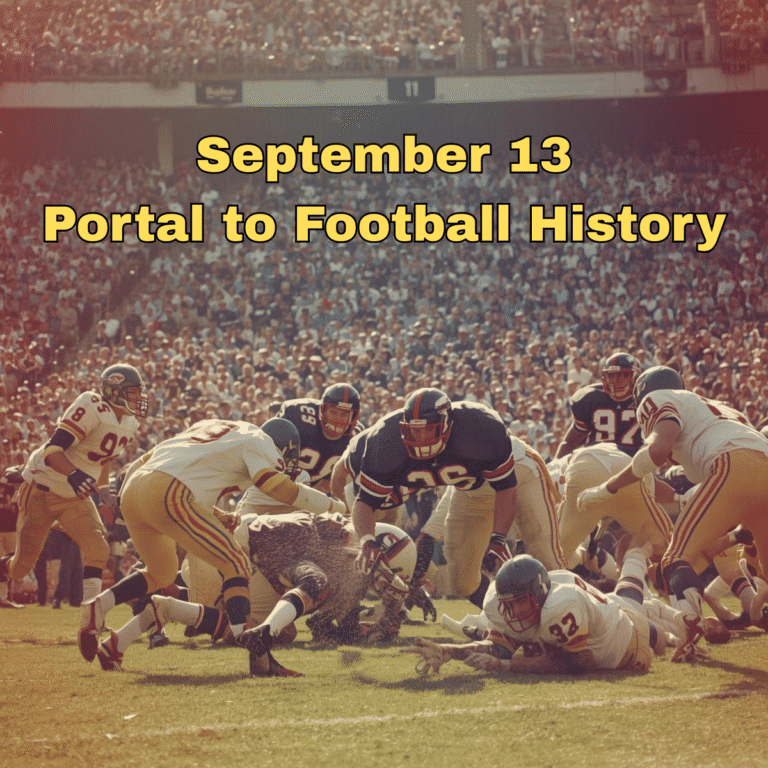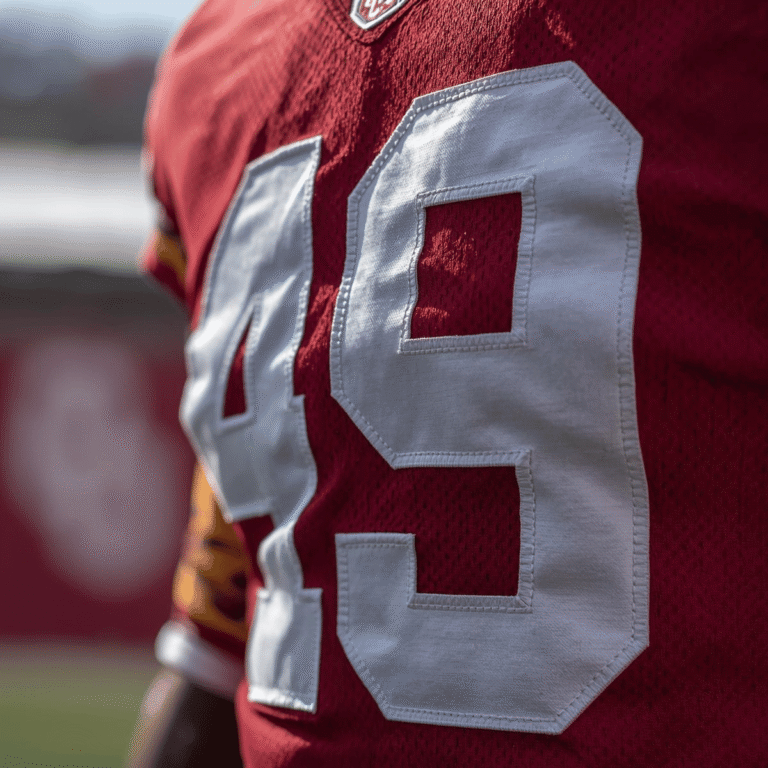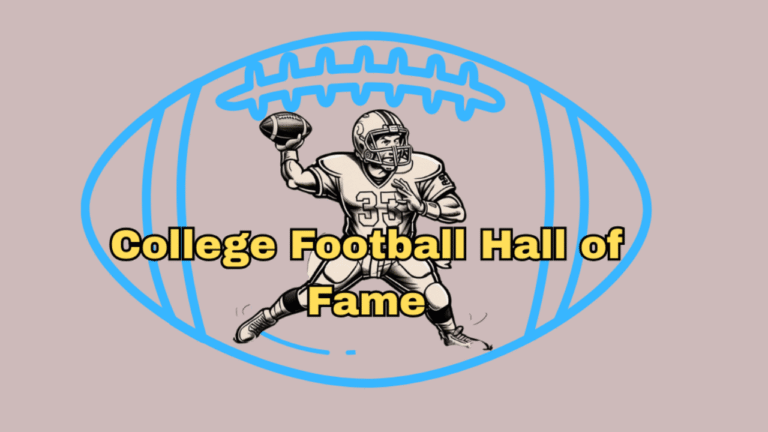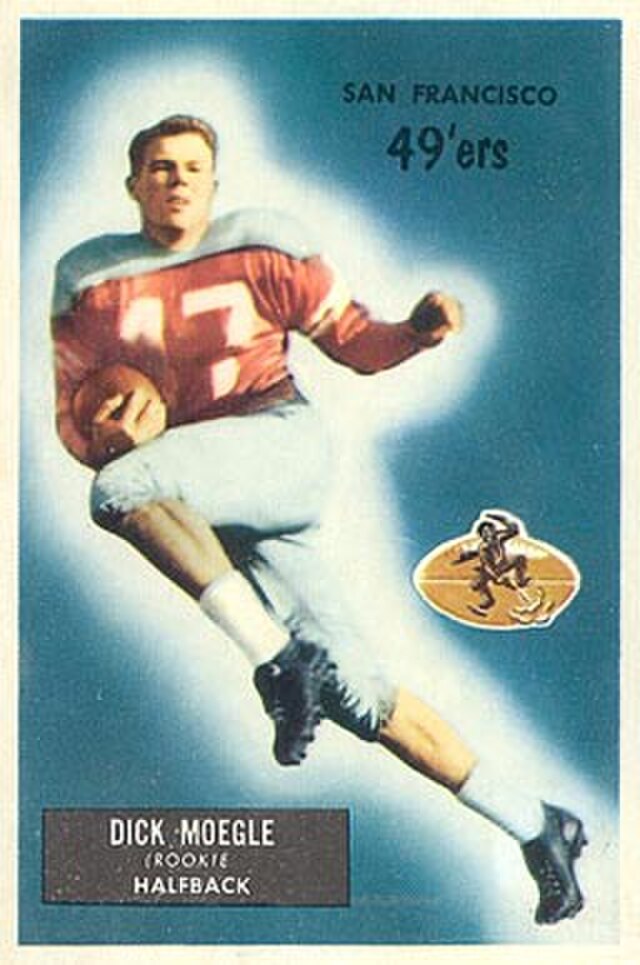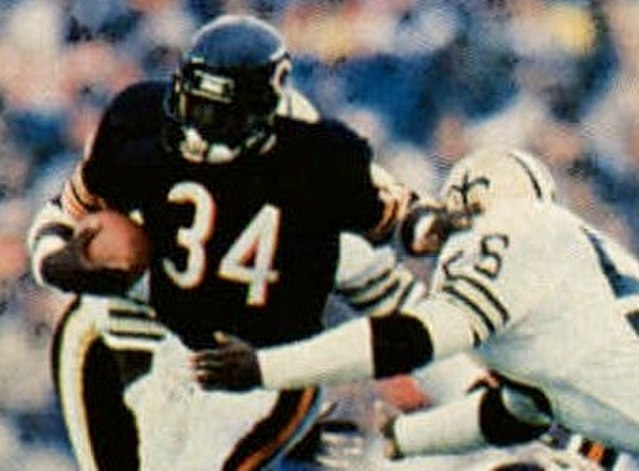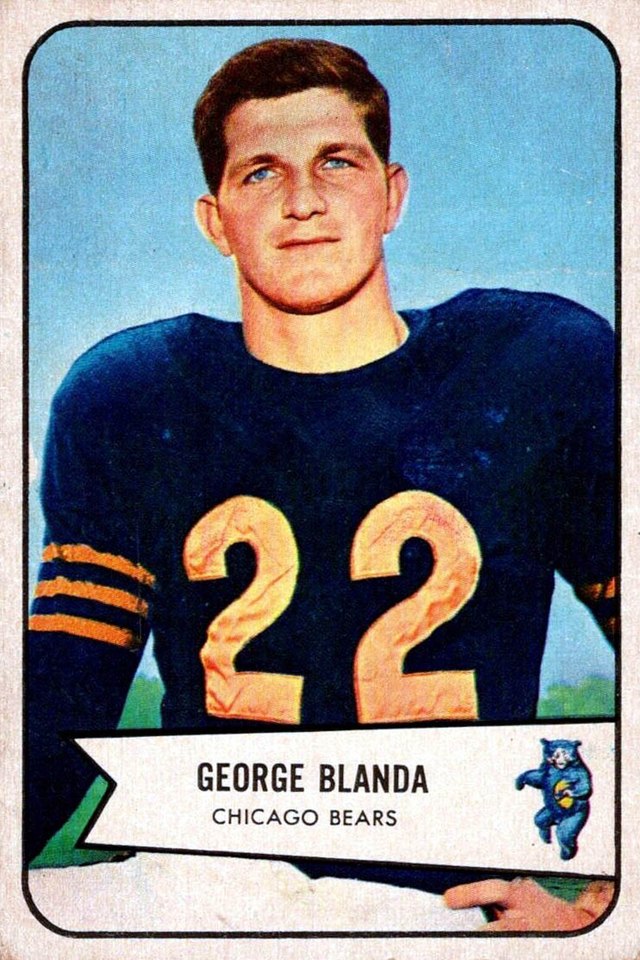September 14 Football History
Today, we're going to feature the Portsmouth Spartans, Dwight Clark's long streak, a couple of rushing records, and many legends of the game coming up.
We have some great football stories and tidbits on the legendary people from the Pigskin past to discuss for the football day of September 14. We hope that these entertain you, bring back great football memories, or two, and let you in on something you didn't know about before.
Broaden your horizons, if you will. Ok, enough with all this talk in the huddle. Let's get out there and snap off the first historic event. Ready? Break.
I want to tell you our Pigskin Dispatch feature football tale for September 14. And it happened in 1930.
Portsmouth Spartans
The Portsmouth Spartans played their very first NFL game on that date, and the Spartans defeated the Newark Tornadoes in their very first game by the final score of 13 6. The Portsmouth Eleven ended the 1930 season with a record of five wins, six losses, and three ties.
But they had the core of players they could build upon, and this became evident two years later in the 1932 season. They ended with the Spartans and the Chicago Bears finishing with identical records at six wins, one loss, and four ties.
And previously, since 1920, the league's champion was determined by the team with the best record.
The NFL decided that a final game to determine a champion would be played with a special Chicago game at Wrigley Field on December 18, 1932, the first postseason game in NFL history. And it had some big, massive twists and turns that made it quite a remarkable story.
Even besides the fact that the game was going to be played to determine the NFL champion. The first odd occurrence was that the Spartans' star Earl Dutch Clark was unable to play in the game because he had to work.
While that may sound crazy to us today, the fact was that professional players of that era didn't make enough money to make a living all year long.
Most had to take off-season jobs to make ends meet, even superstars like Dutch Clark, who worked as the head basketball coach at Colorado College. On December 18, his hoops team had a game that day, and Dutch couldn't get off work to attend the football game in Chicago. The second crazy thing that happened was due to a freak late fall blizzard in Chicago, so the game had to be moved inside the Chicago stadium.
Because Wrigley was covered with deep snow and frozen with dangerous sub-zero temperatures, the playing field had to be modified to play indoors, so the game was played on a field only 80 yards long and some 30 yards narrower than the standard width the teams played on all season outdoors. The last item that took place surrounding the game happened on the contest's only touchdown.
Chicago Bear Bronko Nagurski threw a scoring jump pass to Red Grange, but the Spartans argued that Nagurski did not meet the requirement of a legal forward pass in those days of being 5 yards or more behind the line of scrimmage. The play stood, and the Bears ended up winning the NFL title by the score of 9 0.
The Spartans franchise became the Lions in 1933 when they relocated from Portsmouth, Ohio, to Detroit, Michigan, after Detroit radio businessman George A. Richards purchased the team's rights for $8,000.
The amount was a hefty sum at the time, but Portsmouth, after all, had just recently played in a somewhat impromptu first NFL championship game against the Chicago Bears.
Shorthanded, Other Star Player, the Motor City was a risky place to put a team at this point, as three previous professional football franchises had failed there. But Richards knew the city needed a winner and took the chance.
It was well worth the risk as the newly named Lions team won the NFL title in 1935 and later in 1952, 1953, and 1957.
Richards took another chance with this football franchise in 1934 when he scheduled a game on Thanksgiving Day, though it failed when other cities tried it, except for Dallas, a few decades later. The Turkey Day game in the Motor City was a huge success.
Unfortunately, in 1940, Mr. Richards had to sell the franchise due to a declining health issue and a fine he received from the NFL for draft tampering. However, his $8,000 initial investment ultimately led to a $225,000 sale of the Lions to retail magnate Fred Mandel in 1940.
The Lions were eventually purchased by the descendants of Henry Ford and are owned by the family to this day. And there's still Thanksgiving football in Detroit every year, and they owe it all to a team called the Spartans from Portsmouth, Ohio.
Clark Starts Streak
Let's move those chains down the field to September 14, 1980, when Dwight Clark played the game that started his streak of 105 straight games with a reception.
The San Francisco 49ers defeated the St. Louis Cardinals on that day by the score of 2421 with the assistance of Clark's four receptions for 49 yards.
The passes in the game did not come from a quarterback named Montana, though, as Steve DeBerg was under center for the Niners a few years later, in 1986, on September 14, the very first CFL regular season overtime game was played as the Saskatchewan Rough Riders and the Hamilton Tiger Cats played to a 2121 draw.
Faulk Unleashed
Then, a few years after that, in 1991, San Diego State running back Marshall Faulk, on this date, rushed for an NCAA record 386 yards and scored seven touchdowns in a 5534 Aztec victory over Pacific University.
Lewis Runs Through Browns
Next up, on September 14, 2003, Jamal Lewis of the Baltimore Ravens rushed to an NFL record in a single game as he ran 30 times for 295 yards and two scores as his team defeated the Cleveland Browns 33 to 13.
Now it's time to remember those great legends of the game on their birthdays, many of whom are Hall of Famers.

